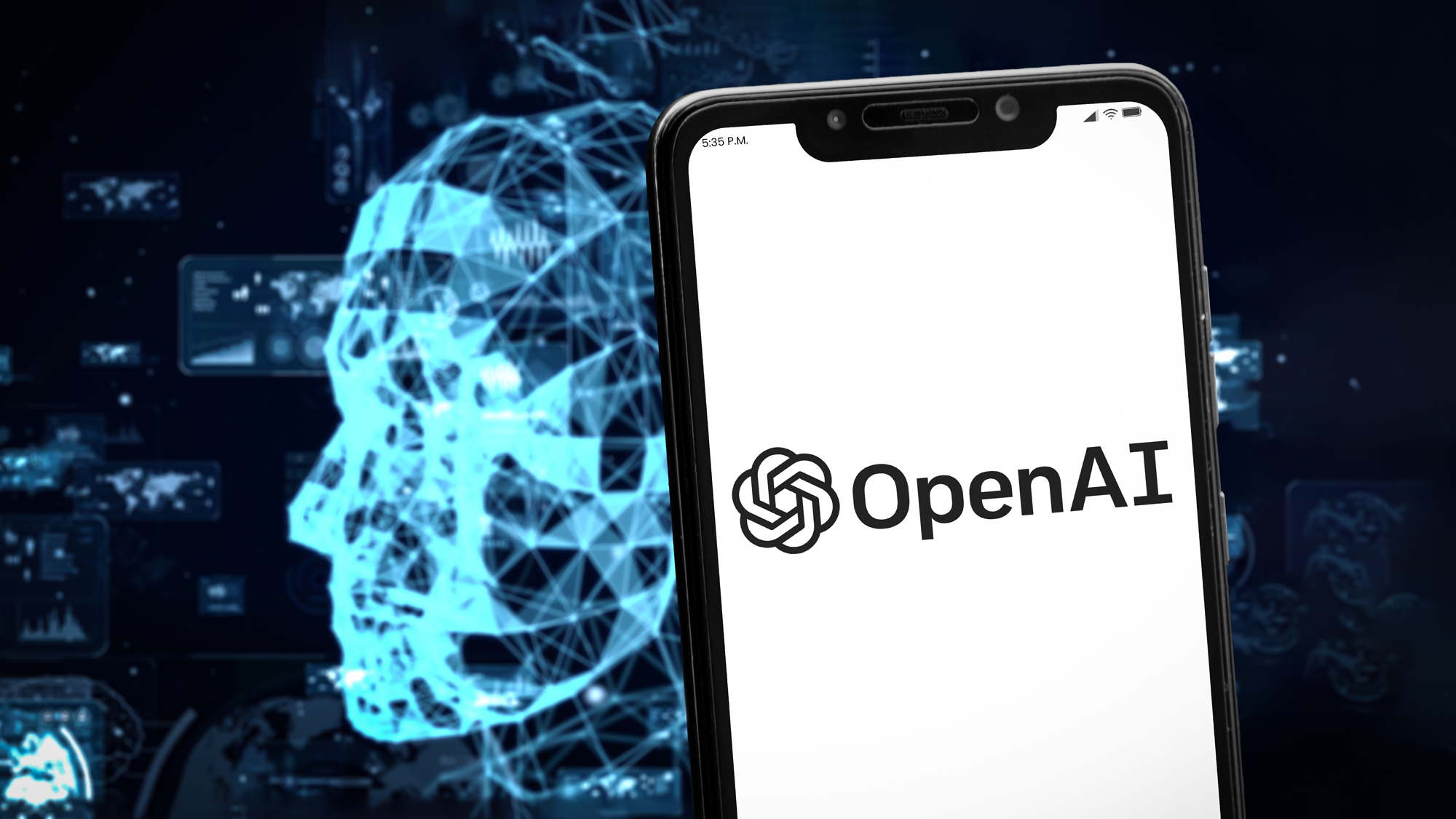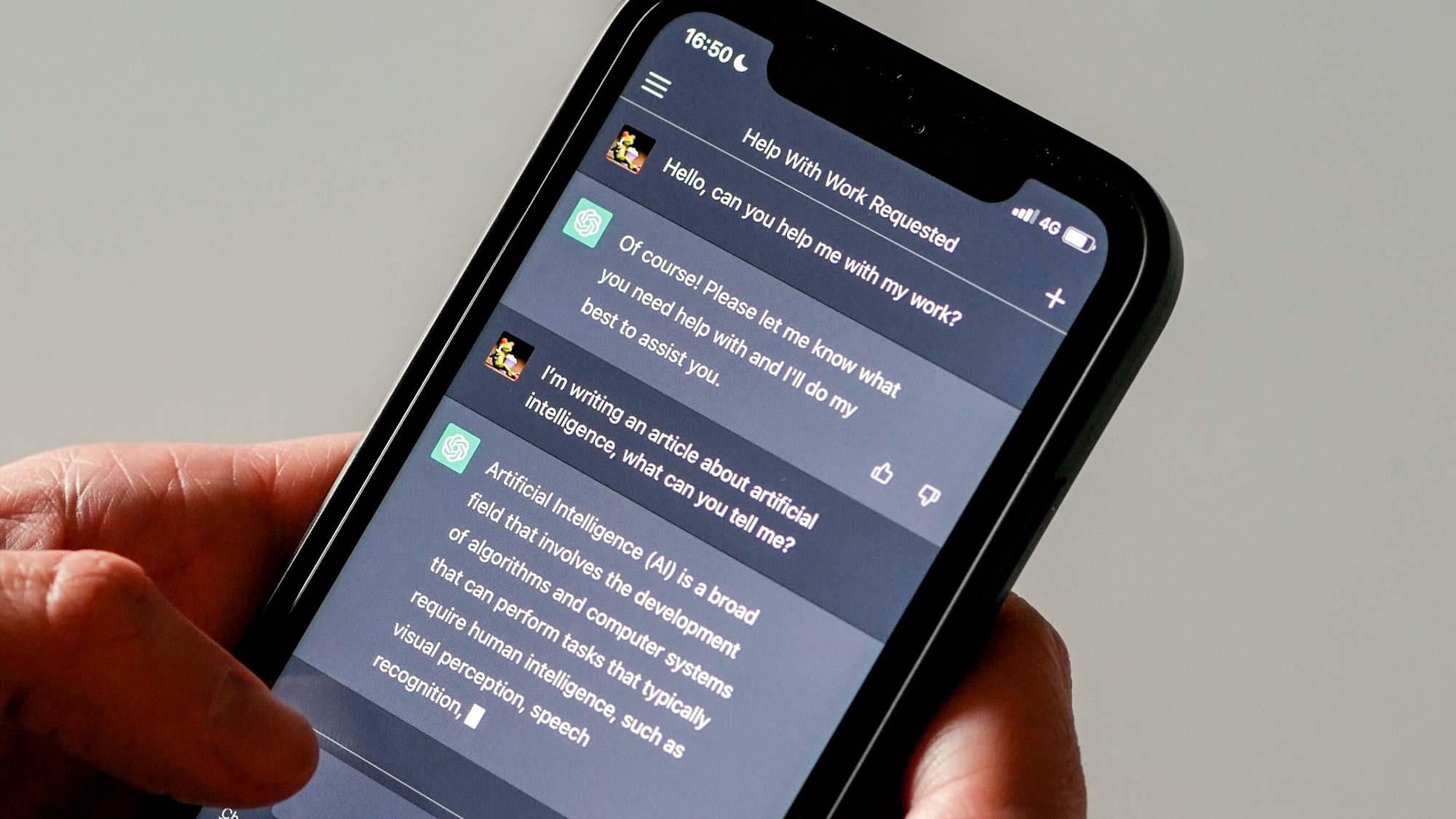Developer Offer
Try ImaginePro API with 50 Free Credits
Build and ship AI-powered visuals with Midjourney, Flux, and more — free credits refresh every month.
Early GPT 5 Tests Show Major AI Performance Gains
The next evolution of ChatGPT's underlying technology might be arriving sooner than expected. According to early feedback detailed in a report from The Information, the unreleased GPT-5 model is being described as a major leap in performance.

Although OpenAI remains tight-lipped about an official launch date for its ChatGPT and API platforms, CEO Sam Altman has confirmed he is using the new model, hinting at an imminent rollout. This suggests OpenAI is gearing up to release a more powerful AI designed to overcome the performance plateaus seen in current models.
What Makes GPT-5 a Game Changer?
Reports suggest that GPT-5 isn't just a larger version of its predecessors. It appears to blend OpenAI's standard GPT architecture with technology from its specialized reasoning-focused "o" models. This hybrid approach would give it the unique ability to dynamically allocate its cognitive resources.

It could provide swift, simple answers to easy queries while dedicating more profound reasoning power to tackle complex challenges. This adaptive strategy is similar to the one used by Anthropic’s Claude models, which allow for adjustable "thinking" levels. For users, this could translate to faster responses for simple queries and more sophisticated, in-depth solutions for demanding tasks like debugging code or solving abstract mathematical problems.
A Major Leap in Coding and Reasoning Abilities
One of the most exciting rumored advancements for GPT-5 is in the field of software engineering. The report from The Information highlights that the model excels at both academic coding problems and practical, real-world programming tasks, like navigating and editing complex legacy codebases.

This significant improvement over older GPT versions could make it an indispensable tool for developers, potentially winning back users from competitors like Anthropic's Claude. In a direct comparison, one tester noted that GPT-5 outperformed Claude Sonnet 4. While this is just a single early report and Anthropic's top-tier Claude Opus 4 remains the benchmark, it clearly indicates OpenAI's ambition to dominate the AI-assisted coding market.
Is It a Single New Model or a Smarter System?
The internal mechanics of GPT-5 are still a subject of speculation. Some researchers suggest it may not be a single, monolithic model at all. Instead, it could be a sophisticated routing system that intelligently selects the most appropriate model—be it a traditional GPT-style or a reasoning-based one—depending on your prompt.

If this proves to be the case, it would mark a strategic shift for OpenAI. The focus would move from simply scaling up traditional LLMs to enhancing performance through advanced post-training techniques like reinforcement learning and the use of synthetic data. This method, which involves fine-tuning models with expert feedback, is an area where OpenAI has already made significant investments.
The Bottom Line: Why GPT-5 Matters
If the early buzz around GPT-5 proves accurate, its release could have significant market implications. It stands to help OpenAI reclaim its position among developers and challenge Anthropic’s hold on the lucrative AI coding assistant market. A more powerful model would also bolster OpenAI's offerings for enterprise clients and be a welcome development for hardware partners like Nvidia. For everyday ChatGPT users, the most noticeable benefit would be more efficient and precise responses, particularly for complex tasks that push the limits of current AI. While we await an official announcement from OpenAI, the initial reports suggest that GPT-5 could usher in the most powerful generation of AI tools we've seen to date.
Compare Plans & Pricing
Find the plan that matches your workload and unlock full access to ImaginePro.
| Plan | Price | Highlights |
|---|---|---|
| Standard | $8 / month |
|
| Premium | $20 / month |
|
Need custom terms? Talk to us to tailor credits, rate limits, or deployment options.
View All Pricing Details

